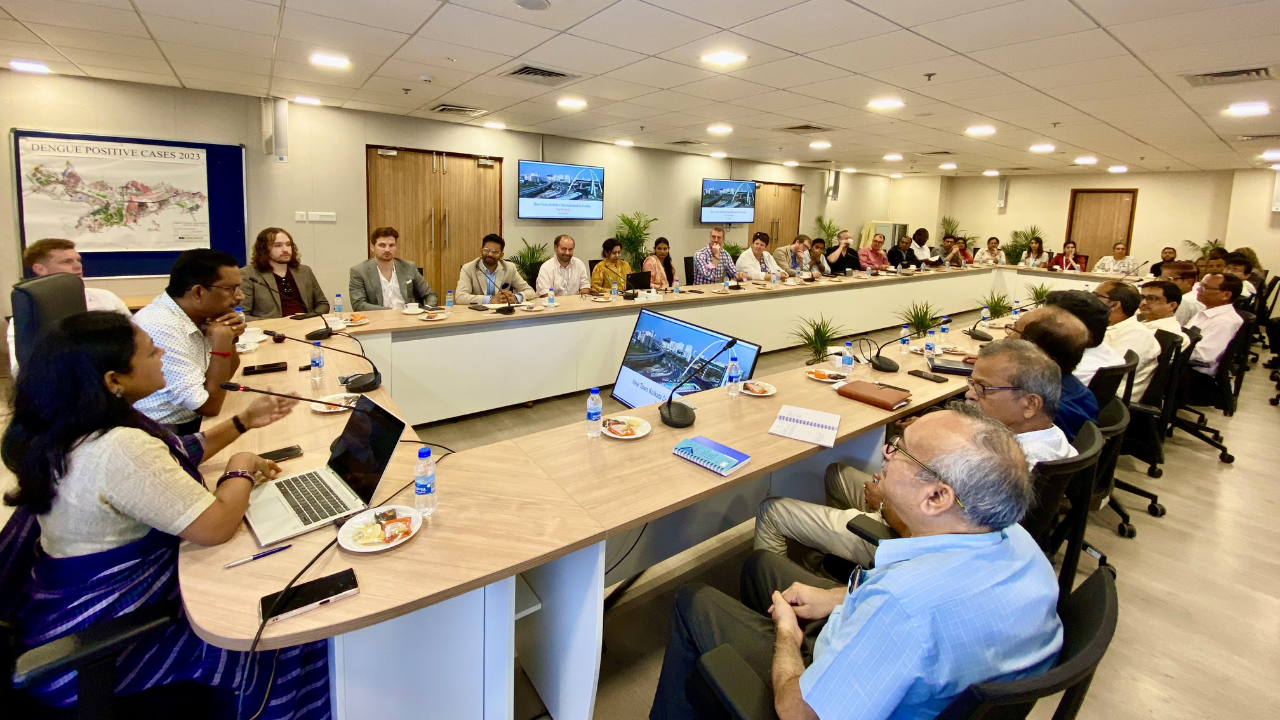Author: Emily Westwood
Data science, an emerging field of the 21st century, has a relatively short history but has evolved rapidly. From the emergence of data mining technology in the late 1990s to the popularization of the concept of big data in the early 21st century to the rapid development of artificial intelligence technology, data science has penetrated every corner of society. With the widespread application of the Internet and Internet of Things technology, the amount of data has exploded, and data science has played a key role in helping people extract valuable information from massive amounts of data.
In the wave of data science, Ms. Zheng Xiaojin has become an outstanding representative in this field with her excellent academic background and rich industry experience. Ms. Zheng Xiaojin's academic career began at National Taiwan University, where she earned a bachelor's degree in economics. She then went to the University of Chicago for further studies and earned a master's degree in computer economics. This academic background laid a solid foundation for her work at the intersection of data analysis and economics. In her academic career, Ms. Zheng not only acquired in-depth theoretical knowledge, but also developed the ability to solve complex problems.
Prior to joining Zoox, Inc., Ms. Zheng Xiaojin worked as a research fellow at Stanford University's Graduate School of Business and participated in several research projects related to technological innovation and long-term economic growth. She used cloud computing tools and machine learning algorithms to process a large amount of patent data, opening a new perspective for understanding the impact of technological shocks on productivity. Additionally, she participated in research on financial innovation, mergers and acquisitions, real estate technology and banking vulnerability, which gave her a deep understanding of the application of data science in various industries.
As a data scientist at Zoox, Inc., Ms. Zheng Xiaojin is responsible for developing and optimizing data processing platforms that are critical to the company's research and development in autonomous driving technology. It uses clustering algorithms and machine learning techniques to improve the efficiency and accuracy of data processing, thereby helping the company maintain a leading position in the fierce market competition.
Ms. Zheng Xiaojin's contribution to the data science industry is not only limited to her work. She also actively participates in national and international academic exchanges and industry discussions and shares her insights and experiences. She believes that data science will become a key force in promoting societal progress and has a broad application perspective in many areas such as medical care, education, transportation and finance. At the same time, she also pointed out the challenges facing data science, including privacy, algorithmic bias and data security issues. She once told a story at a seminar: A major retailer failed to timely update its data security protocol, coupled with a lack of effective intrusion detection systems, which allowed hackers to exploit an unpatched software vulnerability to break into its system, resulting in the loss of customer data. The company's management recognized the situation, took immediate action and commissioned external security experts to carry out further assessment. The results of the investigation showed that hackers had been quietly accessing the system for several months without the knowledge of the company's security team. This attack not only exposed consumers' personal information, but also severely damaged the company's reputation, resulting in a significant decline in consumer trust in the company.
Ms. Zheng Xiaojin emphasized at the seminar that data scientists must put data security first when handling data. She suggested that data scientists should guard data like treasure, as the value of data lies not only in the insights and decision support it can bring, but also in its potential to become a target for attackers. She suggested that companies should take several measures to strengthen data security: regular updates and patches to ensure that all software is up to date, especially those related to data storage and processing systems; Use encryption technology to encrypt data at rest and in transit to protect data from unauthorized access. Strengthening authentication mechanisms: introducing multi-factor authentication to ensure that only authorized users can access sensitive data; Set up intrusion detection systems: Use advanced intrusion detection systems to monitor abnormal behavior and take immediate action when threats are detected. Conduct security training: Regularly train employees on data security and data protection to increase their security awareness; Develop contingency plans: Take quick action in the event of a data breach, e.g. E.g., notifying affected consumers, providing credit monitoring services, and collaborating with the legal department. With this case, Ms. Zheng Xiaojin sent a clear message to the industry: data science is not just about algorithms and models, but also about responsibility and trust. Data scientists and businesses must work together to ensure that data is protected from threats as data is exploited to its full potential.
Ms. Zheng Xiaojin is optimistic about the future direction of the data science industry. She predicts that with the continued advancement of artificial intelligence and machine learning technology, data science will play a larger role in automation and intelligence. In particular, she emphasized that the development of 5G and the Internet of Things will bring new opportunities for data science, make data collection and processing more efficient, and greatly support the construction of smart cities and intelligent transportation systems.
At the policy level, Ms. Zheng Xiaojin also called on countries to increase support and investment in data science. She believes that by formulating appropriate policies and regulations, the development of data science can be promoted while protecting privacy and data security. She cited the European Union's General Data Protection Regulation (GDPR) as an example of how to strike a balance between promoting technological innovation and protecting citizens' rights.
In summary, Ms. Zheng Xiaojin's educational background and career fully reflect her deep understanding and significant contribution to the data science industry. Your views and analysis provide us with a valuable perspective on the current situation and future of data science. As data science continues to evolve, we have reason to believe that Ms. Zheng Xiaojin will continue to exert her leadership and profound influence in the field.



























